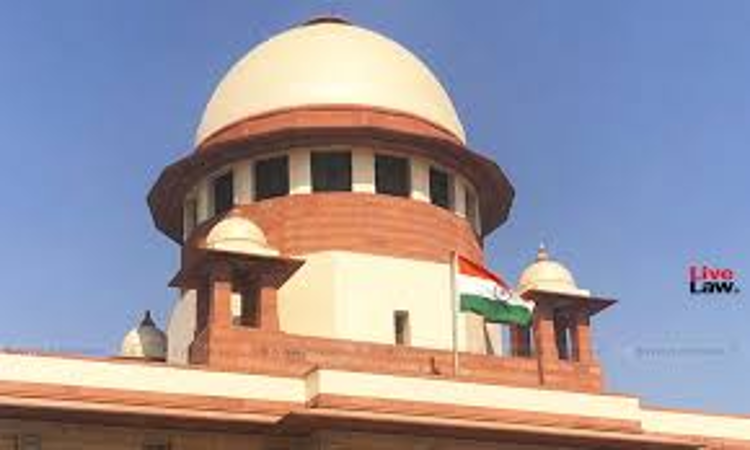- Home
- /
- Top Stories
- /
- Hindustan Zinc Disinvestment Case:...
Hindustan Zinc Disinvestment Case: Supreme Court Commences Hearing
Mehal Jain
26 Oct 2021 6:44 PM IST
The Supreme Court on Monday commenced hearing on the plea by National Confederation of Officers' Associations of Central Public Sector Undertakings and one more petitioner in the Hindustan Zinc disinvestment case.Advocate Prashant Bhushan opened the arguments for the petitioners, telling the bench of Justices D. Y. Chandrachud and B. V. Nagarathna how the Metal Corporation of India...
Next Story



